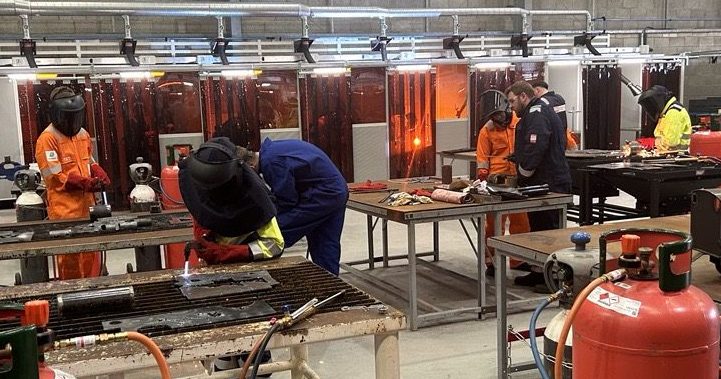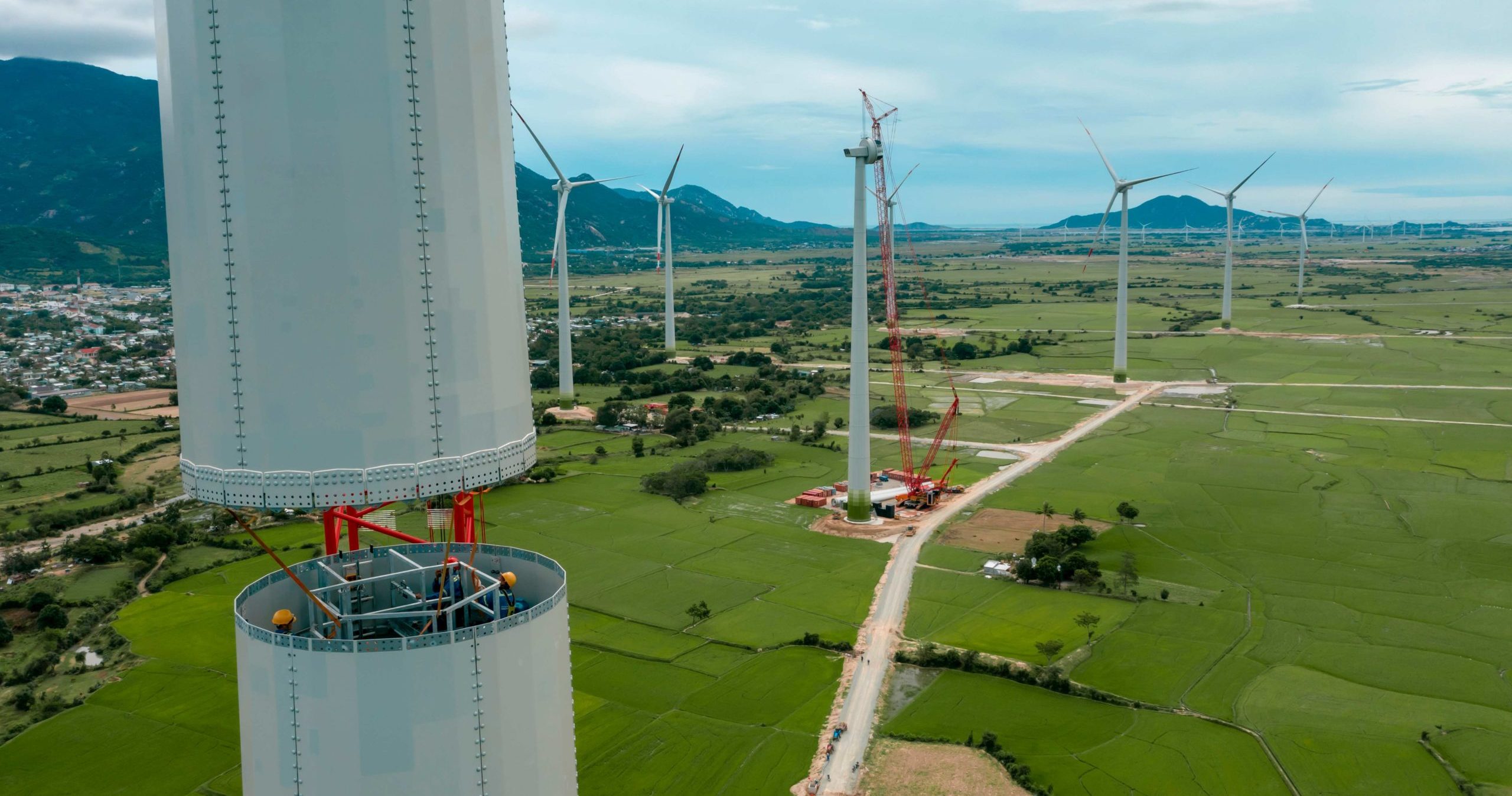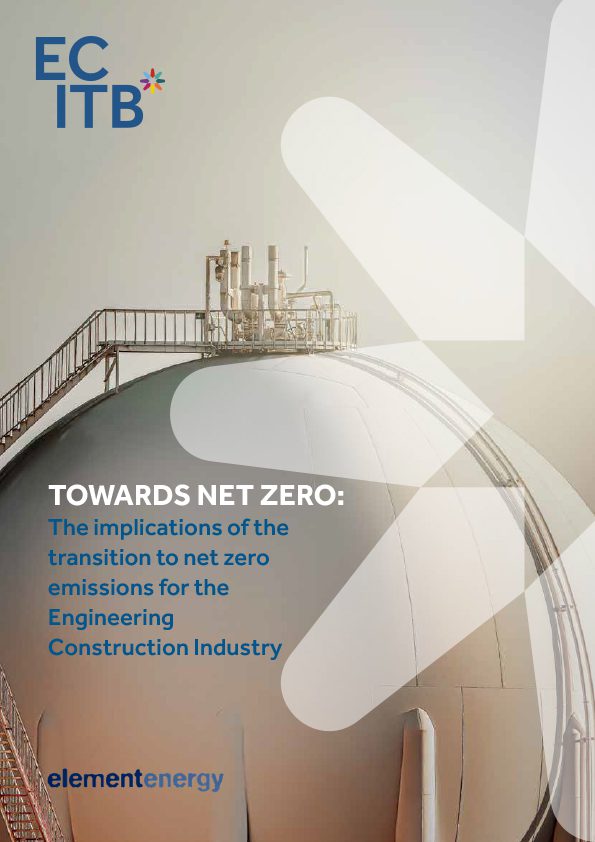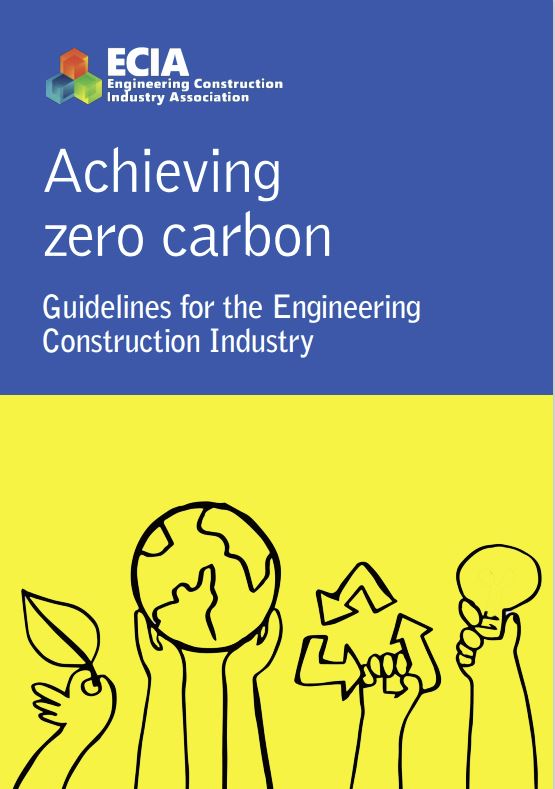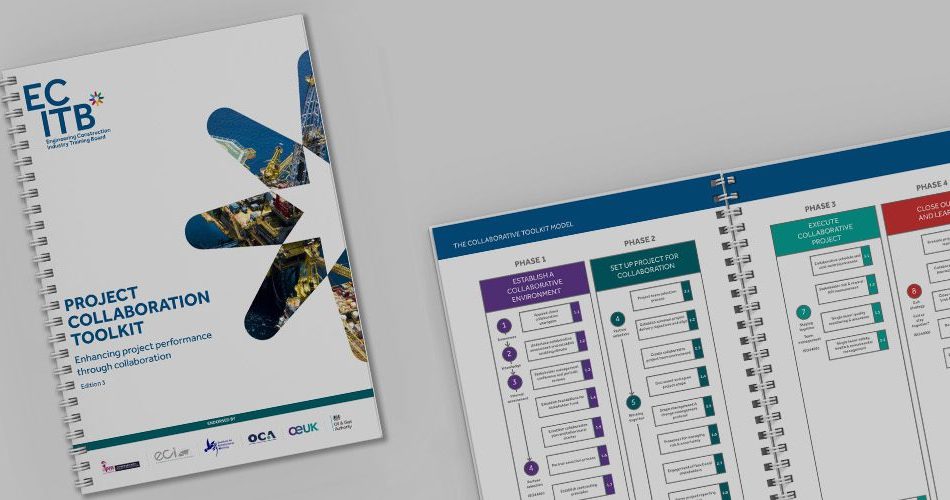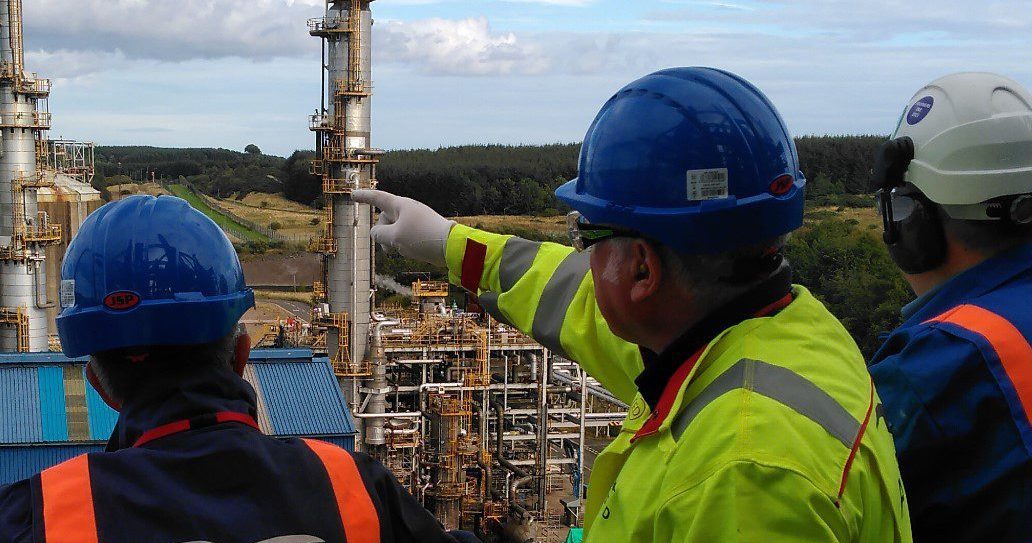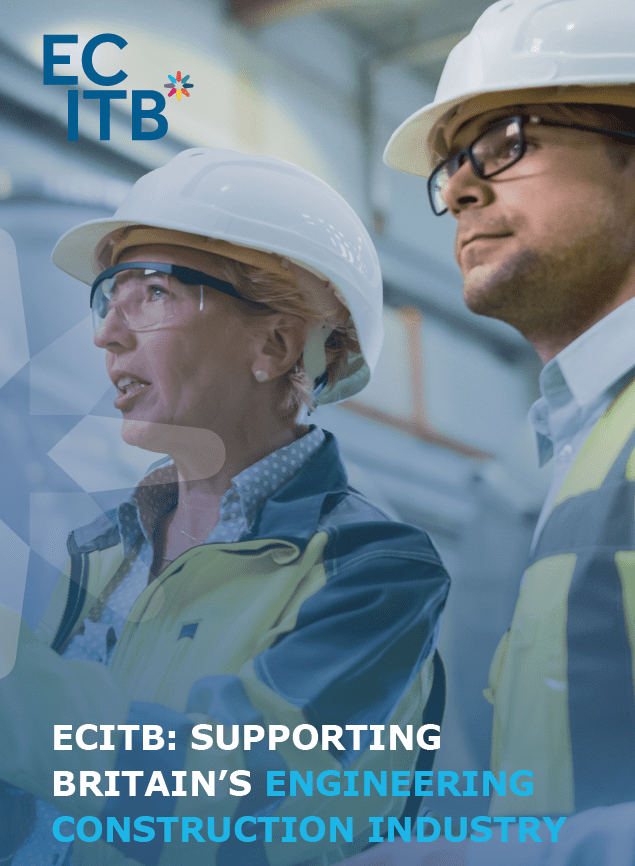What is net zero?
The term net zero refers to the goal of completely negating the amount of greenhouse gases produced by human activity. Put simply – it means achieving a balance between the carbon emitted into the atmosphere, and the carbon removed from it.
Among the greenhouse gases contributing to global warming are carbon dioxide, methane, ozone and nitrous oxide. These are released into the atmosphere from industrial processes. The burning of coal, natural gas and oil for electricity and heat is the largest single source of global greenhouse gas emissions.
Among the ways we can reduce our reliance on fossil fuels is to create and use clean energy sourced from renewables such as solar and wind. This is often termed the energy transition.
Carbon Capture and Storage is a method of capturing carbon dioxide (CO2) at industrial emission sources, transporting and then storing or burying it in a suitable deep, underground location.
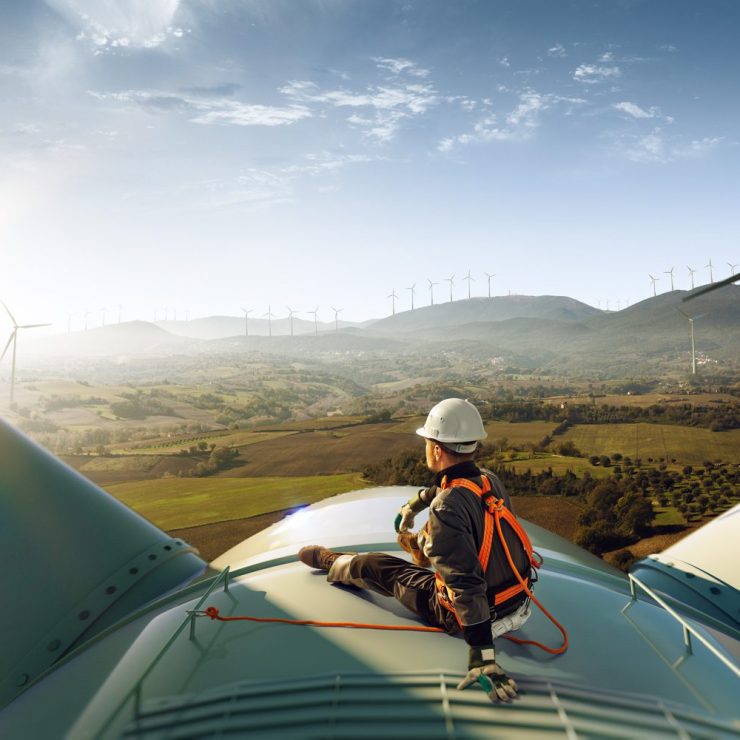
Net zero will not build itself
The UK’s engineering construction industry must have the skilled workforce it needs to deliver the major projects for today and for the energy jobs in the future.
The ECITB works with employers, training providers and other stakeholders to ensure the courses, training standards, qualifications and programmes deliver the knowledge, skills and experience industry needs.
We are investing grant in net zero skills training including supporting new entrants and existing workers to transition into emerging low-carbon industries. Through our scholarships, Work Ready and other new entrant programmes the ECITB is creating a pipeline of talent that will be vital for future net zero projects.
Our Regional Skills Hub Funding is boosting training provider capacity to grow new entrant numbers in the ‘Industrial Cluster’ hot spots. Read more on the Industrial decarbonisation clusters below.
The ECITB is feeding into the UK Government’s Green Jobs Delivery Group looking at the workforce and skills requirements to support the energy transition and we are supporting industry with labour market intelligence, such as the Labour Forecasting Tool, to understand needs and forecast trends.
Industrial decarbonisation clusters
There are six major industrial clusters at the heart of the UK’s decarbonisation agenda.
- Black Country Cluster
- East Coast Cluster incorporating Humberside and Teesside
- Net Zero North West
- Scottish Cluster
- Solent Cluster
- South Wales Industrial Cluster
Major projects are underway within these clusters that will deploy a combination of energy efficiency measures, hydrogen production, carbon capture, use and storage technologies and fuel switching including electrification to decarbonise industrial assets in these regions.

“The work being done in our major industrial clusters is a great example of our strategy in action, showcasing our collaborative work with industry partners in helping to bring in new entrants and prepare the workforce for net zero.”
Andrew Hockey
CEO, ECITB
Net zero courses on ECITB Learning Experience Platform (LXP)
Engineering construction industry employers have access to the ECITB Learning Experience Platform (LXP). This contains more than 50 energy transition-related training courses that ECITB-registered companies can access for their people. Topics include emissions, sustainability and environmental audit and management courses.
Speak to your ECITB Relationship Manager for information on how to access this.
Energy Transition Leadership Programme (ETLP) and MSc in Offshore Energy Transition
This postgraduate-level university programme focused on the energy transition is available through the University of Strathclyde, Glasgow.
The programme consists of a series of CPD modules and has been developed in partnership between higher education providers, employers, employer groups and the ECITB.
Credits for the ETLP CPD modules can count towards a post-graduate level qualification including an MSc in Offshore Energy Transition.
Aimed at engineers and managers, the programme introduces the innovative technologies, organisational strategies and business models that will underpin net zero. It aims to upskill the existing workforce in a drive to net zero.
It will also attract a new generation / skillset into the industry and develop a core understanding of how the industry is developing and evolving.
For more information, contact the University of Strathclyde
Project collaboration for net zero
Net zero projects will require cross-sector working and will challenge traditional contracting strategies and project management techniques. Our Project Collaboration Toolkit provides insight into how collaboration can support the delivery of net zero.

Collabor8 podcast series
The UK’s energy systems and global energy technology are advancing rapidly. Industry is working to achieve net zero and create a more sustainable future in the industrial clusters. But how can industry harness these developments and what are the challenges?
The ECITB has created a podcast series featuring engaging industry experts at the forefront of the energy transition who examine the challenges and explore solutions.
Sign up for updates
Your information will be used to subscribe you to our e-newsletter.
For more information, please see our Privacy Notice.



